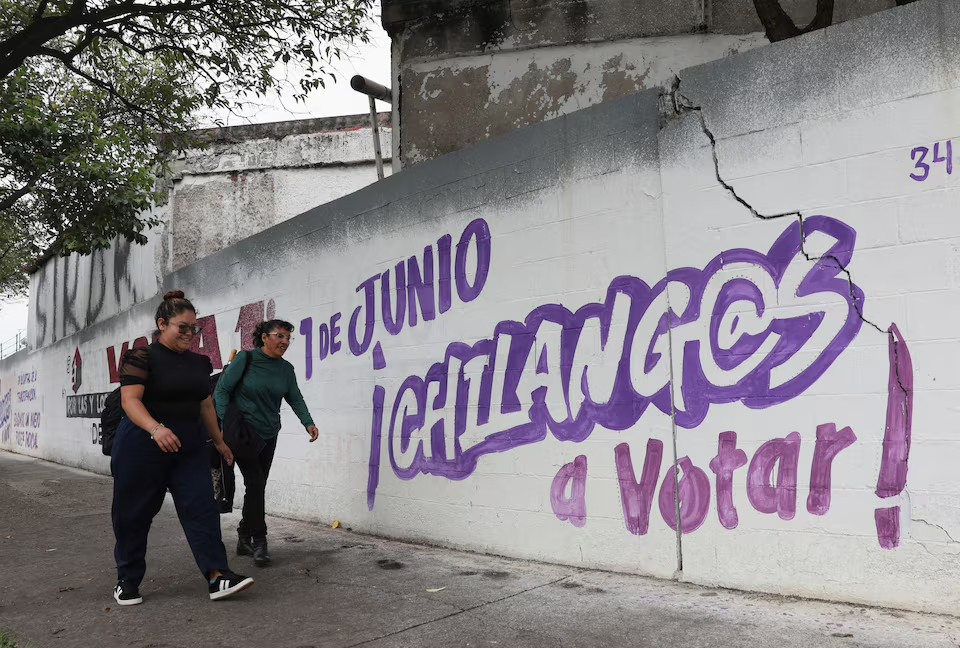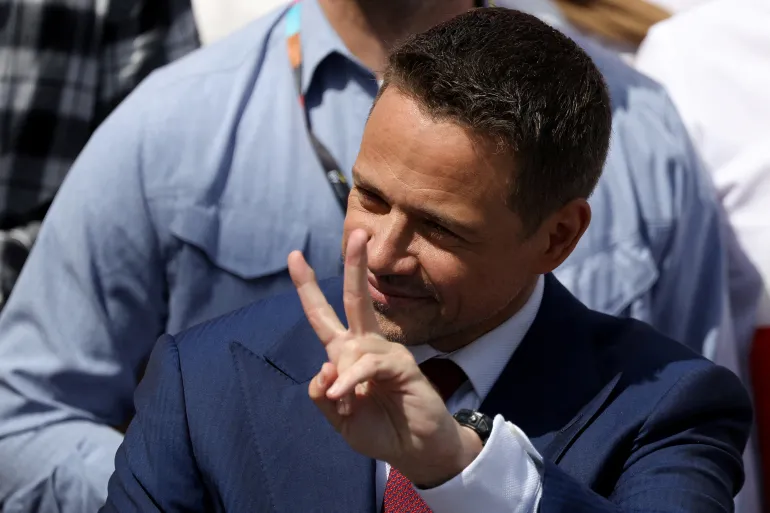Mexicans cast their votes on Sunday, June 1, in the country’s first-ever judicial election, a landmark event that has sparked heated debate over judicial independence and the future of democratic institutions in Latin America’s second-largest economy. The nationwide vote, held alongside general elections, comes amid growing concerns that President Andrés Manuel López Obrador’s reforms may undermine the rule of law.
The constitutional reform, pushed by López Obrador and passed by Congress earlier this year, mandates the popular election of Supreme Court justices and other high-level judicial officials — a radical departure from the previous appointment system that involved legislative and executive nomination processes. Supporters claim the reform will democratize the judiciary and reduce corruption, while critics argue it opens the door to politicizing the courts.
On Sunday, more than 98 million registered voters were eligible to choose from a ballot of candidates vying for positions across the federal judiciary. For the first time, the selection of judges, magistrates, and members of the Supreme Court will be determined through direct public vote, rather than by government nomination and Senate approval.
“This is a historic moment for Mexico,” López Obrador said after casting his vote. “We are returning power to the people and ensuring that the judiciary works for them — not for elites or special interests.”
However, opposition leaders and legal experts have condemned the move as a threat to judicial independence. They argue that turning judicial appointments into political campaigns may subject judges to public pressure, populist influence, and even coercion from powerful interest groups.
“This is not judicial reform — it is a takeover,” said Xóchitl Gálvez, presidential candidate for the opposition coalition. “The courts must be impartial arbiters of the law, not politicians in robes.”
International watchdogs and human rights organizations have also voiced alarm. Human Rights Watch and the American Bar Association have warned that Mexico’s judicial elections could erode constitutional checks and balances, particularly in a country where impunity and corruption remain widespread. The United Nations Special Rapporteur on the independence of judges and lawyers previously urged Mexican lawmakers to reconsider the reform.
Despite concerns, turnout appeared strong across major cities, with long lines reported at polling stations in Mexico City, Guadalajara, and Monterrey. Many voters expressed mixed feelings, voicing both hope and skepticism about the reform’s long-term impact.
“I want a fairer justice system,” said Rosa Martínez, a voter in the capital. “But I also don’t want judges campaigning like politicians. It’s hard to know who’s really qualified.”
The electoral process has faced logistical challenges, including confusion over candidate credentials, lack of voter familiarity with legal issues, and limited public debates. Critics argue that without proper legal literacy, many voters may cast ballots based on party affiliation or media exposure, rather than judicial competence.
Analysts say the outcome of the judicial election could significantly alter the balance of power in Mexico. If López Obrador’s allies gain influence in the courts, it may facilitate the implementation of controversial constitutional changes and shield government policies from legal challenge.
López Obrador, who is set to leave office later this year after completing his six-year term, has made weakening traditional political institutions a centerpiece of his populist agenda. He has frequently criticized the judiciary as biased and beholden to vested interests.
The full impact of the judicial elections will take time to unfold, but legal experts warn that the precedent could reshape not only the judiciary’s independence but also broader democratic governance in Mexico. Results are expected to be released in the coming days, with newly elected judicial officials taking office later this year.
Source; Reuters



